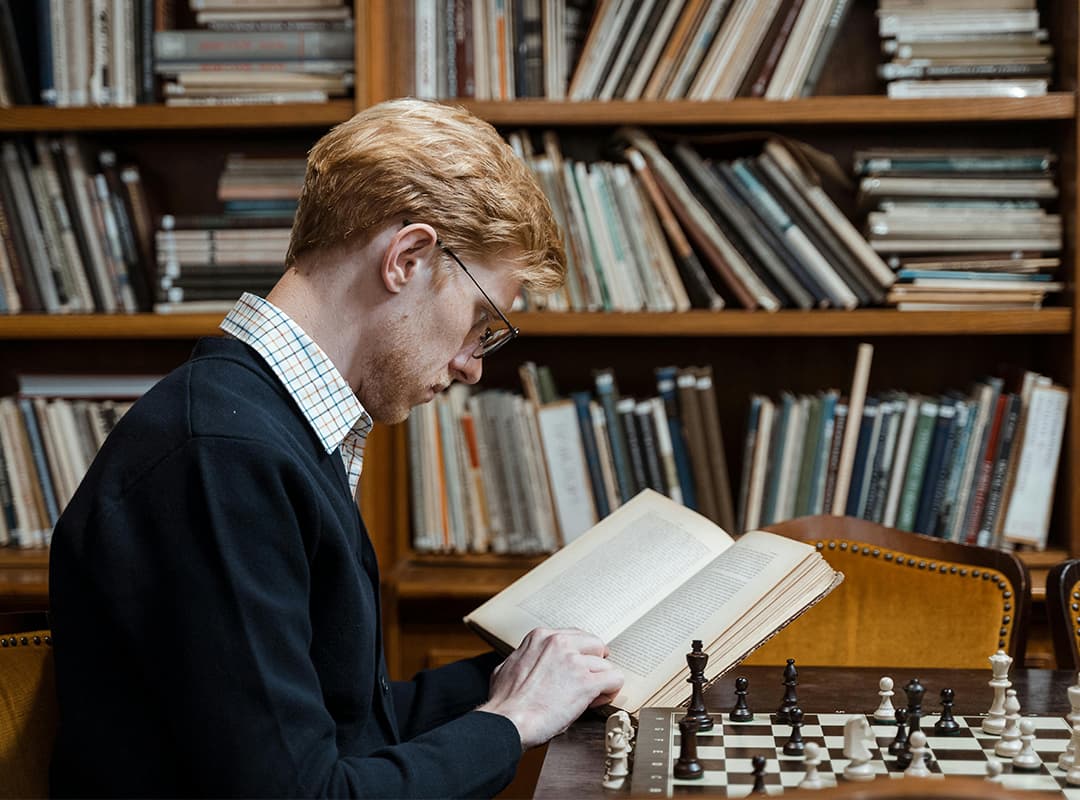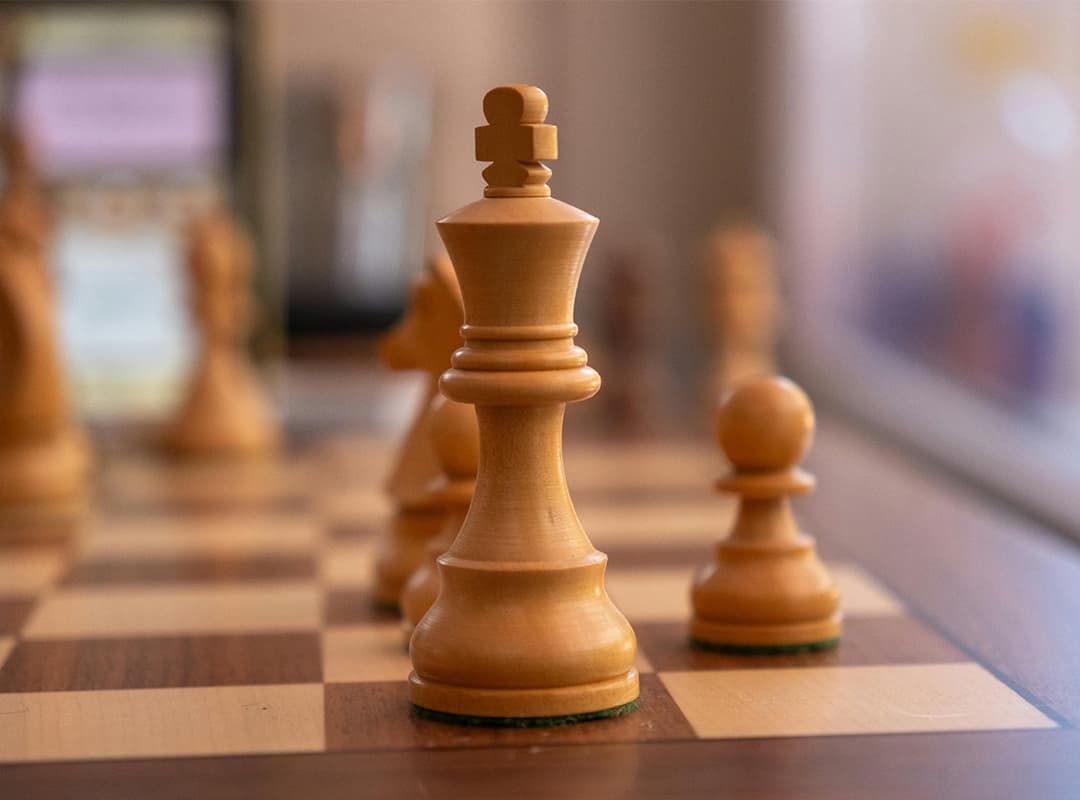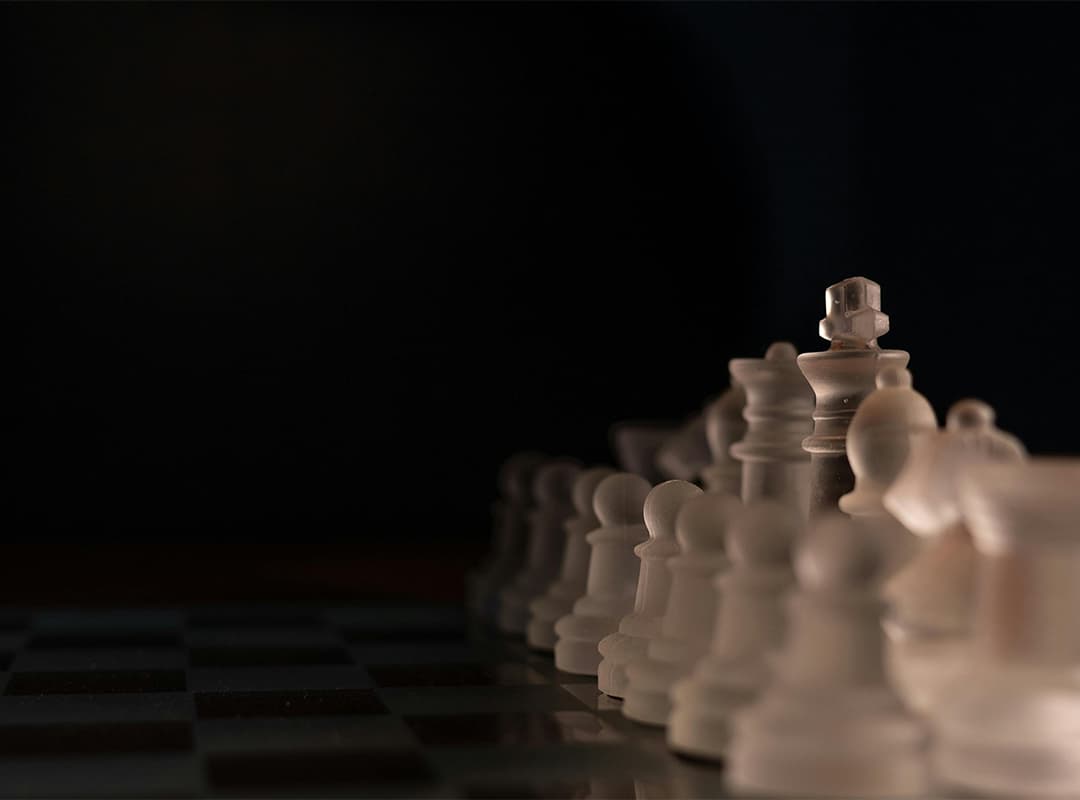Chess is a game that demands not only strategic thinking but also immense mental clarity and focus. Many players, regardless of their skill level, struggle with maintaining concentration throughout a game, which can lead to mistakes and missed opportunities. One effective way to enhance focus and overall performance is through the practice of meditation. This article explores how meditation can improve your chess game, helping you stay calm, focused, and in control, even under pressure.
The Connection Between Mindfulness and Chess
At its core, meditation is a practice that cultivates mindfulness—an awareness of the present moment without judgment. In chess, this means being fully engaged in the game and aware of your thoughts and emotions as they arise. Mindfulness can help players recognize when anxiety or distraction begins to creep in, allowing them to address these feelings before they affect their performance.
Practicing mindfulness through meditation can enhance your ability to concentrate, enabling you to think more clearly about your next moves. As you become more adept at maintaining focus, you’ll find it easier to analyze positions deeply and anticipate your opponent’s strategies.
Techniques for Incorporating Meditation into Your Routine
- Daily Mindfulness Practice: Set aside a few minutes each day for meditation. Find a quiet space, sit comfortably, and close your eyes. Focus on your breath, letting thoughts come and go without judgment. This simple practice can help you develop the mental discipline needed for chess.
- Visualization: Before a chess match, spend a few moments visualizing yourself playing calmly and confidently. Imagine each move clearly and see yourself successfully navigating various positions. Visualization can reinforce positive feelings and enhance your performance during actual games.
- Breathing Exercises: During your games, especially if you feel stressed or anxious, practice deep breathing. Take a moment to inhale deeply, hold for a few seconds, and then exhale slowly. This technique can help center your thoughts and reduce anxiety, allowing you to return to the game with a clear mind.
- Focused Awareness: While playing, train yourself to stay present by focusing on the board and the pieces. If you notice your mind wandering, gently bring your attention back to the game. Regular practice will improve your ability to maintain concentration and minimize distractions.
Playing Chess with the Computer
One of the best ways to implement mindfulness and focus techniques is to play chess with computer. This allows you to practice in a low-pressure environment, where you can experiment with different meditation techniques without the stress of a human opponent.
When playing against a computer, set specific goals for your session. For instance, you might aim to stay mindful throughout the entire game or practice deep breathing between moves. This approach will not only help you become more accustomed to maintaining focus but also allow you to experiment with strategies in a safe environment.
Analyzing Your Games
After playing against the computer, take time to reflect on your performance. Use chess analysis tools to review your moves and identify areas for improvement. As you analyze, stay mindful of your thought processes during the game. Were there moments when you felt distracted? Did you make impulsive moves? Recognizing these patterns can help you address them in future games.
Long-Term Benefits of Meditation for Chess Players
Integrating meditation into your chess practice can have lasting benefits. As you cultivate a habit of mindfulness, you’ll likely notice improvements not only in your chess game but also in your overall mental clarity and emotional resilience. This can translate to better decision-making both on and off the board.
Furthermore, enhanced focus can lead to increased enjoyment of the game. When you’re fully engaged and present, you’re more likely to appreciate the intricacies of chess and experience the thrill of strategic play.
The intersection of meditation and chess offers players a powerful avenue for improvement. By incorporating mindfulness techniques into your routine, you can enhance your focus, reduce anxiety, and ultimately improve your performance on the chessboard. Playing chess with the computer provides an excellent opportunity to practice these techniques in a supportive environment.
As you develop your meditation practice, remember that the goal is not perfection but rather growth and self-awareness. With patience and persistence, you can transform your chess experience and become a more formidable opponent. Embrace the journey, and enjoy the process of becoming a better player both mentally and strategically.



